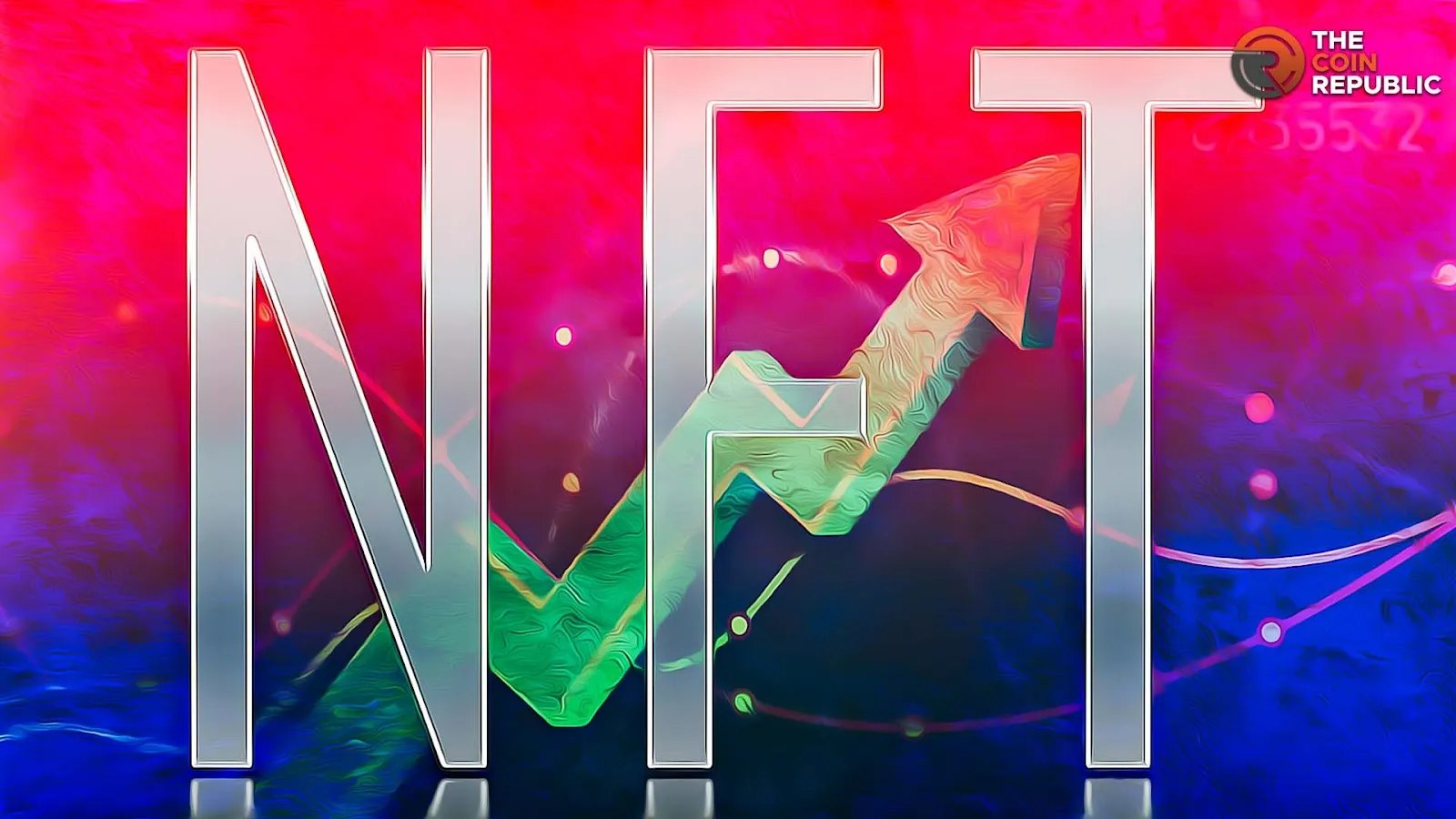FTX, Jump Crypto Lead $20M Funding in Solana Development Framework Coral
by Arthur · September 28, 2022

Coral, the developers of Anchor, the popular Solana blockchain development framework, announced a $20 million strategic funding round led by FTX Ventures and Jump Crypto.
Other participants in the round include Multicoin Capital, Anagram, K5 Global and other strategic investors, Coral said in an announcement shared with Decrypt.
Coral said it plans to use the funding to hire new talent with the aim of building a world-class team.
Today’s announcement also comes alongside the launch company’s first flagship product called the Backpack.
As explained by Coral, Backpack is an “interactive, first-of-its-kind wallet that delivers crypto-native experiences” through the so-called executable NFTsotherwise called xNFTs.
An xNFT is executable code for a Web3 application that inherits the ownership qualities of an NFT. Using protocol-agnostic frameworks, xNFT will create decentralized apps (dApps) for the NFT ecosystem that can be used from a single interface.
Backpack serves as the operating system used to build xNFTs and is essentially a wallet that manages private keys and opens the ports to various dApps.
The main idea is that Backpack users can access all their assets and dApps from a single place, where xNFTs act as native applications – any user with an xNFT in their wallet can launch their application or experience within that xNFT.
“Like a wallet, Backpack manages your private keys and connects to apps. But unlike anything else, it’s asset and protocol agnostic. Everything in the wallet is an xNFT. This is a big deal,” said Tristan Yver, co-founder of Coral Decrypt.
According to Yver, while most wallets only display your tokens, with some not even displaying your precious JPEGs, Backpack is “a home for everything.”
“Backpack is an open, programmable system built for Web3. And like any other application operating system, it has a set of developer frameworks and APIs associated with it, so anyone can build their own xNFT apps for any protocol on any blockchain – without permission,” Yver added.
Backpack private beta launch
Coral is launching Backpack into private beta today, open-sourcing the project. According to the team, about a dozen of the largest Solana projects are already in active development to take advantage of Backpack’s new technology.
“We are excited to launch an incremental feature enhancement to the way users in the Solana ecosystem interact with protocols and smart contracts. xNFTs make the crypto experience smoother, require fewer steps and give projects the power to create more customized experiences for their communities,” Armani Ferrante, founder of Coral, said in a statement, adding that the company’s goal is “to make Backpack the standard . portal to the Solana Ecosystem.”
Coral made Backpack and the xNFT developer framework available to a select group of beacon projects and developers in June. Today, as Backpack is finally ready for launch, several xNFT projects are planning to launch on the private beta.
Some of these projects, according to Coral, include Magic Eden, Aurory, Mango Markets, DeGods, Cardinal, Wormhole, Squads, Solend, Degenerate Ape Academy, Squads, Wordcel, DefiLand and Anchor.
Anchor is the most popular Solana development framework with around 11,500 engineers and nearly 120,000 weekly NPM downloads.
In decentralized finance (DeFi) space, it is used by some top projects of TVL, including Solend, Marinade Finance, Raydium and Lido Finance, while Metaplex, the protocol behind Solana NFTs, and MagicEden, the largest NFT marketplace on Solana, also use the Anchor framework.
Commenting on today’s news, Anatoly Yakovenko, co-founder of Solana Labs, said he “looks forward to Backpack bringing the application layer to the forefront,” as it will allow engineers to build Web3 native applications “that reduce the barrier to entry and the friction of discovery that we see in crypto’s user experiences today.”

























